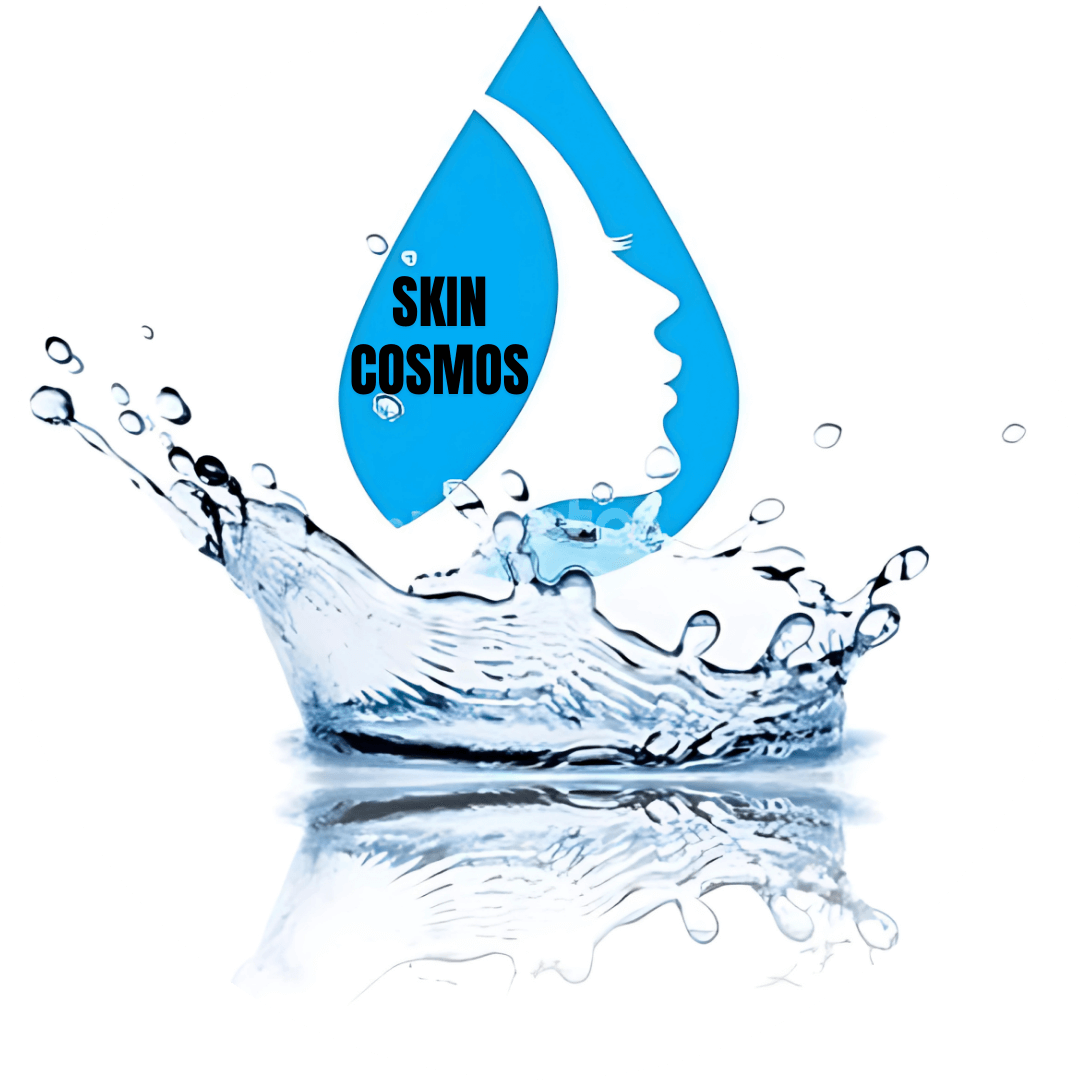
Hair fall problem treatment in Rohini,Delhi
Hair fall, or hair loss, can be caused by various factors, including genetics, hormonal imbalances, medical conditions, stress, nutritional deficiencies, and more. The treatment for hair fall depends on the underlying cause and the severity of the issue
Here are some common approaches to treating hair fall problems:

-
Lifestyle and Dietary Changes:
- Maintain a balanced diet rich in vitamins, minerals, and proteins, as these are essential for healthy hair.
- Stay well-hydrated and consume enough water daily.
- Reduce stress through relaxation techniques, exercise, and mindfulness practices.
-
Hair Care:
- Use a gentle, sulfate-free shampoo and conditioner suitable for your hair type.
- Avoid excessive heat styling and harsh hair treatments, which can damage the hair.
- Be gentle when combing or brushing your hair to minimize breakage.
-
Medical Treatments:
- Minoxidil: This over-the-counter topical solution can help stimulate hair growth.
- Prescription Medications: Some prescription medications, such as Finasteride, may be recommended for certain types of hair loss.
- Low-Level Laser Therapy (LLLT): LLLT devices, such as laser combs or helmets, can promote hair growth.
-
Platelet-Rich Plasma (PRP) Therapy: In this procedure, a patient’s blood is drawn, processed to concentrate the platelets, and then injected into the scalp to stimulate hair follicles.
Hair Transplant Surgery: Hair transplant procedures involve taking hair follicles from one area of the body (usually the back of the scalp) and transplanting them to areas with thinning or no hair.
Topical and Oral Supplements: Some people find benefits from using topical products or oral supplements that contain vitamins, minerals, and herbal extracts known to support hair health, such as biotin, keratin, or saw palmetto.
Hormone Management: If hormonal imbalances are causing hair loss, addressing these issues under the guidance of a medical professional may be necessary.
Professional Consultation: If your hair fall problem persists or worsens, it’s crucial to consult a dermatologist or a healthcare provider who specializes in hair and scalp health. They can diagnose the specific cause of your hair loss and recommend a personalized treatment plan.

